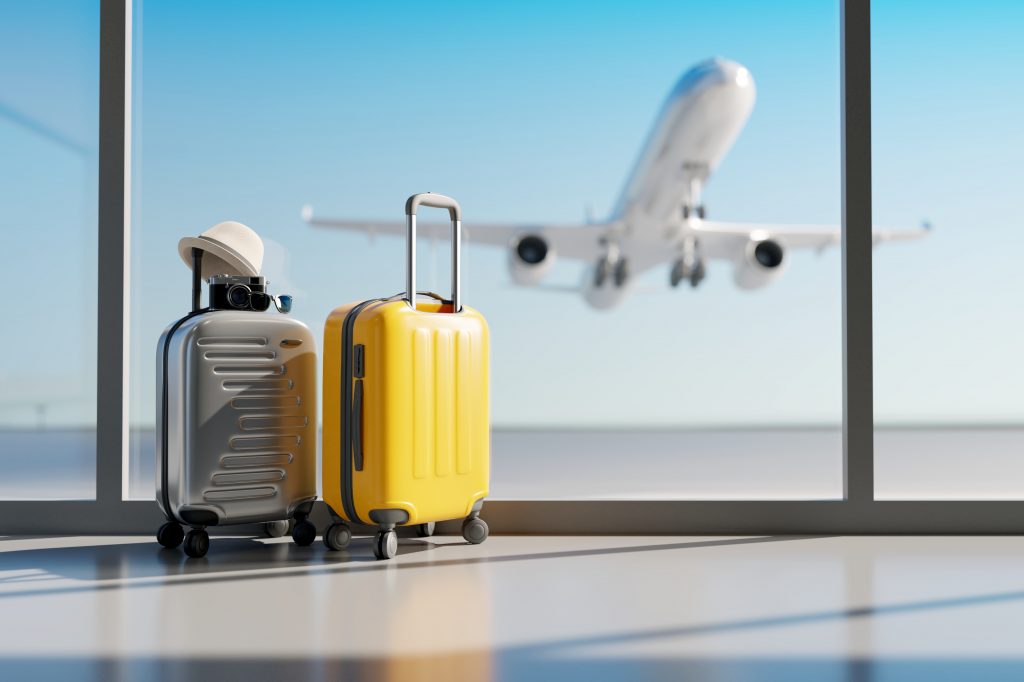Africa’s beleaguered airline industry could return to profit at the end of 2024, although regulatory uncertainty and higher fuel prices pose critical challenges, senior aviation officials said at an annual industry meeting on Friday.
Internal air travel in Africa has long been fragmented due to poor infrastructure and connectivity, as travellers moving from one country to another are often forced to visit a third destination outside the continent as part of their journey.
Those problems were exacerbated by the COVID-19 pandemic as national airlines sought government bailouts while others were liquidated when passenger seats plummeted during strict lockdowns.
Kamil Alawadhi, the International Air Transport Association’s (IATA) Regional Vice President for Africa and the Middle East, said market access and connectivity issues were delaying the recovery of southern Africa’s lucrative long-haul destinations, hampering foreign tourism and trade.
“What the numbers describe is the impact of several carriers’ exits from the market and the harmful distorting effects of an out-dated regulatory framework of bilateral air service agreements between governments, that restrict expansion and market access,” Alawadhi said in prepared remarks for delivery at the Airlines Association of Southern Africa’s annual general assembly.
“Today, in Southern Africa’s case, with the exception of Angola, the absence of local inter-continental operators from routes they have been designated, is causing particular pain as it has left many markets under-served,” he said.
The meeting takes place as company executives and airline agencies plot a recovery from the COVID-19 pandemic that devastated global passenger and cargo transport. Russia’s invasion of Ukraine has also affected global fuel prices and led to shortages of jet fuel across Africa.
According to Alawadhi’s prepared speech, southern Africa’s airline capacity is still 32.7% below 2019 levels. Eastern Africa is 6.4% below pre-pandemic levels while other African regions are now 3.2%-3.8% above 2019 traffic levels.
“IATA’s current outlook sees the global loss reduced to $9.7 billion for 2022 and a return to industry-wide profit in 2023. Africa is on track to follow by the end of 2024,” Alawadhi said.
According to the African Airlines Association (AFRAA), data showed that by last month, African countries had resumed operations to 99.2% of routes operated before the pandemic.
Rising fuel prices pose a fresh challenge, however, said Abderahmane Berthe, secretary general of AFRAA.
Fuel represents around a third of African airline operator costs, he said, adding that the steep rise of global fuel prices to an estimated average of $142 a barrel this year from $78 a barrel in 2021 will hurt the sector’s financial recovery.
“One of the consequences we are seeing today is the increase in ticket fares … tickets are more expensive and this is not good for the development of air transport in Africa,” Berthe said.
Source: Reuters






